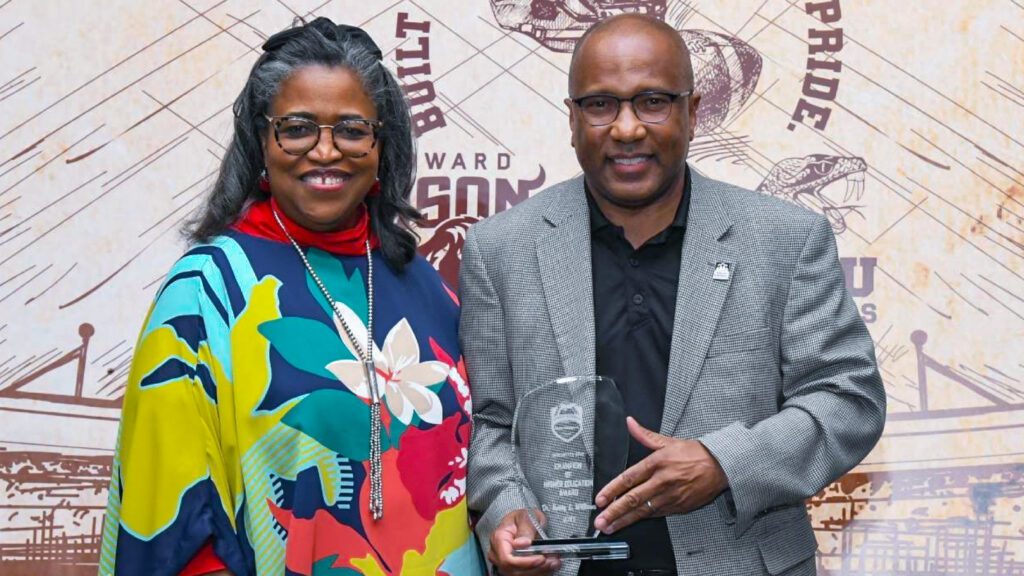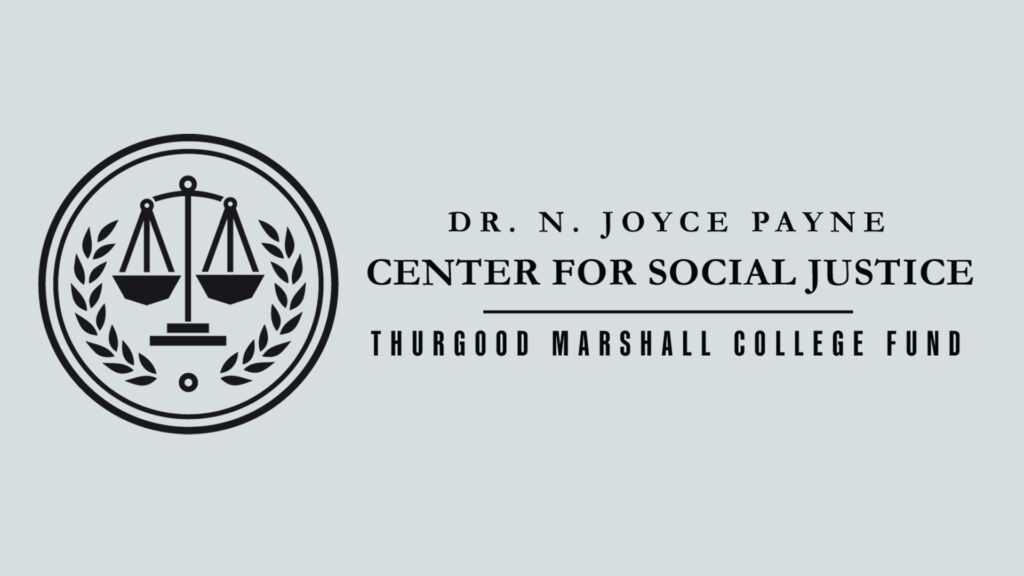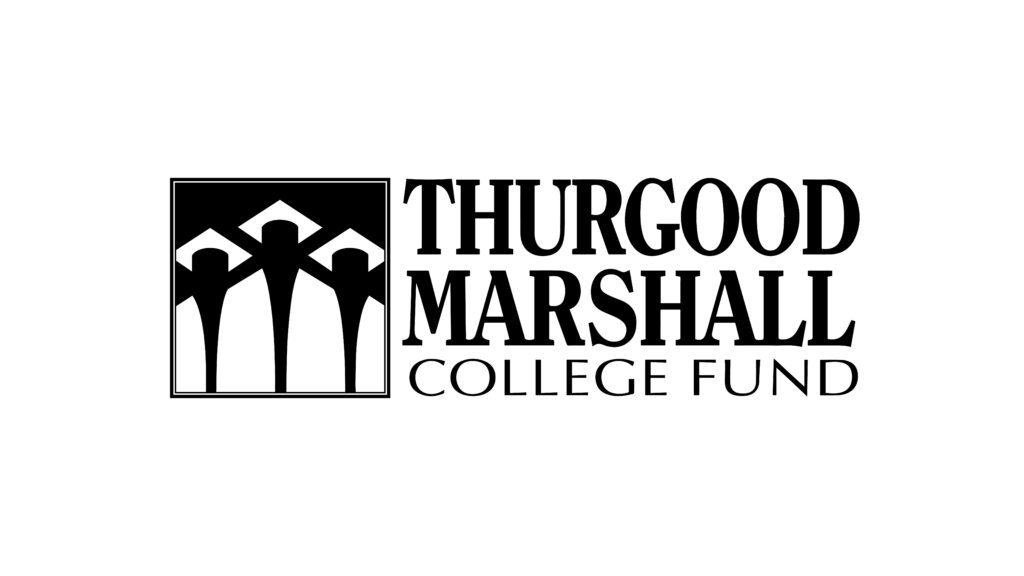The Thurgood Marshall College Fund (TMCF) will host its inaugural Workforce Development Summit in Birmingham, Alabama from Jan. 29 through Feb. 1 at the Sheraton Birmingham Hotel.
Conference participants include students from TMCF’s 10 two-year member schools, which includes representation from historically Black community colleges (HBCCs), historically Black colleges (HBCs), Hispanic-serving institutions (HSIs), historically Black colleges and universities (HBCUs) and technical colleges.
The summit will include sessions on workforce development, industry trends and professional growth, as well as a career fair featuring premier employers across several industries. The conference allows students to connect with top professionals, explore pathways in various fields and gain firsthand insights into workforce demands.
“The Workforce Development Summit is more than a career event; it’s a space where students, employers and educators come together to create tangible pathways for economic mobility and career advancement,” Dr. Harry L. Williams, TMCF president & CEO, said. “This conference embodies our commitment to ensuring that all students, regardless of their background, have access to rewarding opportunities.”
The Workforce Development Summit also offers organizations a platform to connect with a diverse pool of talented students ready to make an impact in their chosen fields. Partners gain direct access to emerging talent, brand visibility and the opportunity to contribute to a meaningful cause—supporting educational and workforce pathways for Black students. In addition to recruiting opportunities, partners benefit from meaningful interactions with students, establishing their brand presence among future leaders.
Dr. Cynthia T. Anthony, president of Lawson State Community College and keynote speaker for the conference, thinks students at two-year universities deserve access to these kinds of professional development opportunities.
“Without two-year colleges in the HBCU space, we would miss those individuals who need us and discover opportunities because of us,” Anthony said. “Our students are not only your traditional 18-year-olds who live at home with mom and dad. A large percentage are parenting, juggling military obligations, working and building lives.”
An investment from Annette Johnson provides 15 HBCC students with scholarships of $15,000 each through the Cal and Annette Johnson Foundation.
Organizations interested in partnering with TMCF at the Workforce Development Summit can contact velkeitra.malone@tmcf.org. To register and learn more about the Workforce Development Summit, visit the conference website.



